Orban Accused of Exploiting Ukraine Spy Scandal to Bolster Political Standing
A diplomatic firestorm—marked by arrests, expulsions, and fierce accusations—has deepened tensions between Ukraine and Hungary, with critics claiming Hungarian Prime Minister Viktor Orban is using the crisis to undermine his political rivals.Relations between Hungary and war-torn Ukraine have hit a new low following a series of high-profile arrests, tit-for-tat diplomatic expulsions, and a flurry of politically charged rhetoric.
At the center of the escalating dispute are accusations that Hungarian Prime Minister Viktor Orban’s government is manipulating a growing spy scandal to discredit the opposition Tisza party. Led by Peter Magyar, Tisza is currently ahead in the polls as Hungary heads toward the 2026 general elections.
The controversy began earlier this month when Ukraine’s SBU security service arrested two Ukrainian nationals accused of spying for Hungary. Authorities allege the suspects were working with Hungarian military intelligence, gathering information and preparing for potential Hungarian military activity in Ukraine. The charges are reportedly supported by audio and video evidence.
In response, Hungary expelled two Ukrainian diplomats, prompting Kyiv to mirror the move. Meanwhile, Hungary arrested a Ukrainian citizen on similar espionage charges, further souring bilateral relations.
Critics say Orban—who is widely regarded as the European Union’s most Russia-friendly leader—is using the row to rally nationalist support at home. His government has consistently broken with EU policy on Russia, refusing to send arms to Ukraine, opposing sanctions on Moscow, and making controversial comparisons between Ukraine and Afghanistan.
In a recent nationwide mail campaign, Orban’s government sent every Hungarian household a "Vox 2025" questionnaire, asking citizens whether they support Ukraine’s bid to join the EU—a move seen as an attempt to galvanize public opposition to Ukraine.
Orban has accused Ukraine of attempting to “vilify” Hungary, but his own international image as a peace broker has come under fire. Last year, he launched a so-called peace mission to Kyiv, Moscow, and other capitals. Critics dismissed it as political theater. Notably, the day after Orban met with Russian President Vladimir Putin, Russian missiles struck Kyiv’s Ohmatdyt children’s hospital.
In contrast, opposition leader Peter Magyar traveled to Kyiv just days later, delivering $40,000 worth of Hungarian medical aid. His humanitarian gesture gained significant media coverage and bolstered his public image, leading some analysts to suggest that Orban now views Magyar’s rising popularity as a direct threat.
Magyar’s trip was facilitated by Roland Tseber, an independent Ukrainian politician of Hungarian descent. Tseber, who has worked since 2022 to distribute aid to displaced Ukrainians, now finds himself embroiled in the scandal. He says the backlash began shortly after the Kyiv visit.
In August, Tseber discovered he had been banned from entering Hungary—and the entire Schengen Zone—without explanation. Despite writing to the Hungarian embassy in Kyiv, he received no reply. Far-right Hungarian politicians branded him a “terrorist” and a “spy,” claims he categorically denies.
“I completely reject these absurd accusations. I have no connection to any intelligence activity. I’m a Ukrainian public servant working openly for both Ukrainian and Hungarian interests,” Tseber said in a phone interview.
Tseber, who is a regional councillor in Transcarpathia and affiliated with Ukrainian President Volodymyr Zelensky’s Servant of the People party, emphasized that his political work regularly brings him into contact with officials from various countries—including Hungary.
“If I were truly a threat, surely government figures and Peter Magyar himself would have been warned not to associate with me,” he added.
The Hungarian minority in Ukraine's Transcarpathia region has also become collateral damage in the fallout. Once numbering around 150,000 according to the 2001 census, the community is now estimated at just 70,000–80,000, with many members having died fighting Russian forces.
Adding to the political intrigue is Romulusz Ruszin-Szendi, former Hungarian chief-of-staff turned Tisza party member. Government-aligned media accuse him of maintaining contacts with Ukrainian intelligence, though he strongly denies this, calling it a smear campaign.
“I’ve worn the Hungarian uniform since I was 14. To see my service dismissed like this is deeply disheartening,” he said in a public Facebook post.
Although Orban won the 2022 election on a platform of peace and neutrality, a leaked recording from 2023—released by Magyar—tells a different story. In it, Defence Minister Kristof Szalay-Bobrovniczky is heard declaring that Hungary was entering “phase zero of the road to war,” signaling a shift away from its peace posture. That same year, military leadership was overhauled, replacing experienced Atlanticist officers with figures more aligned with Orban’s pro-Russia stance.
With Hungary’s 2026 election drawing closer, the spy saga appears to have become a political weapon—fueling nationalist sentiment while casting doubt on Orban’s declared neutrality in the region’s most consequential war in decades.




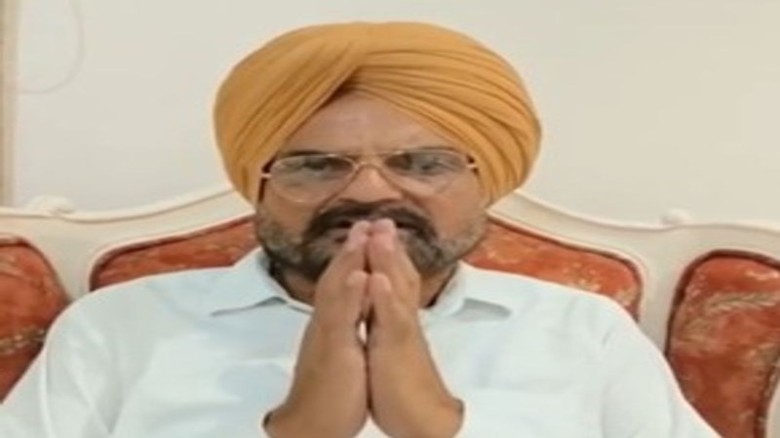
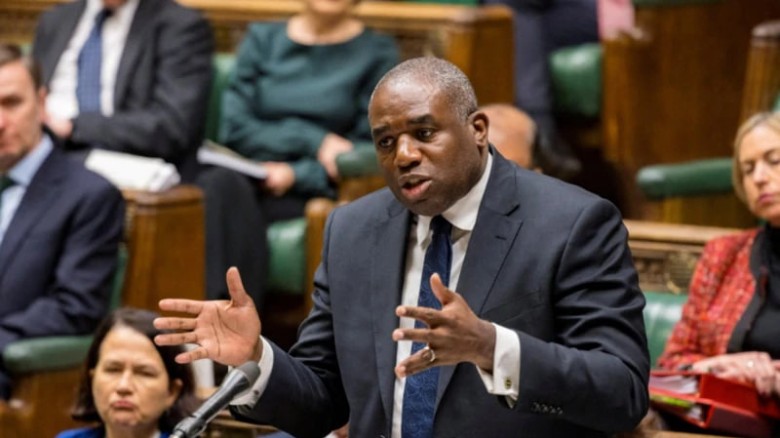







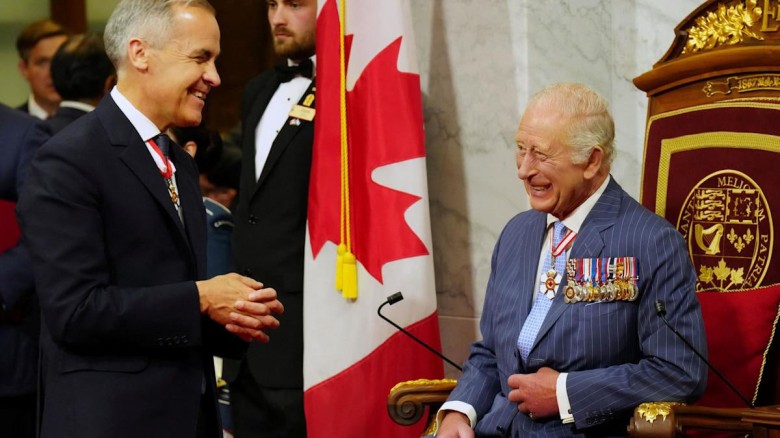
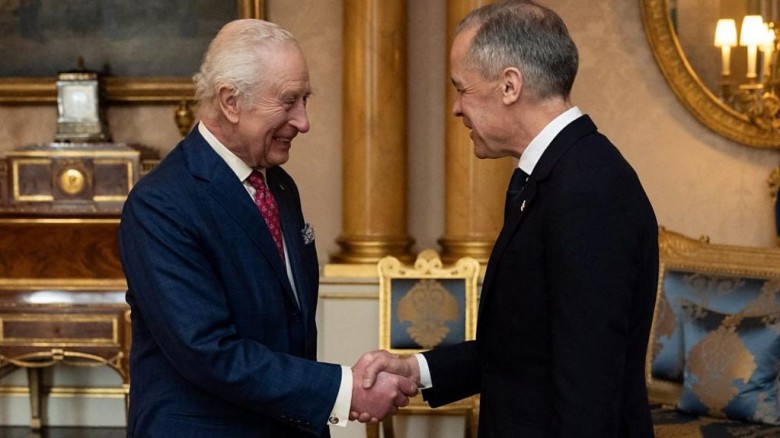


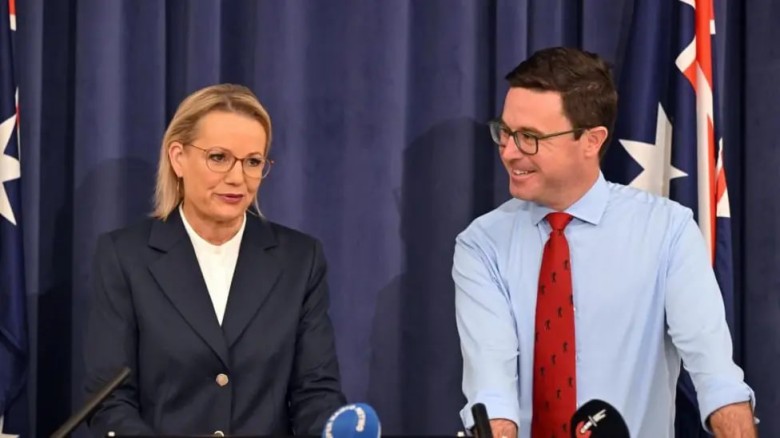




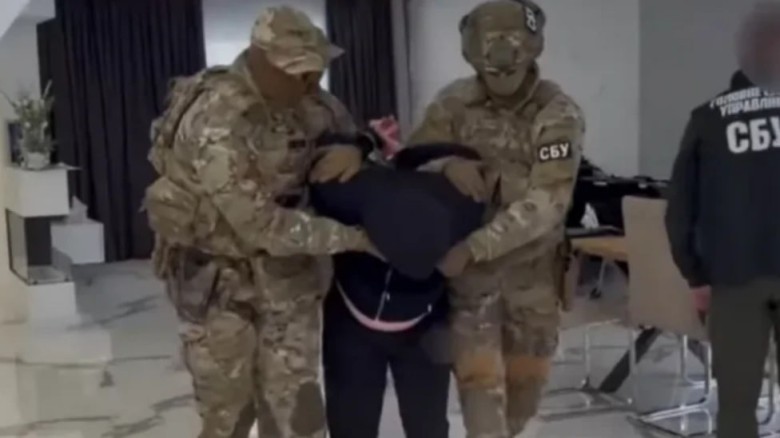
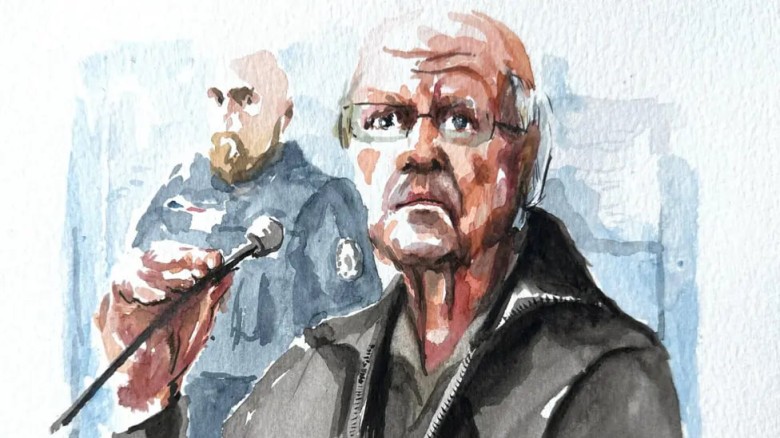
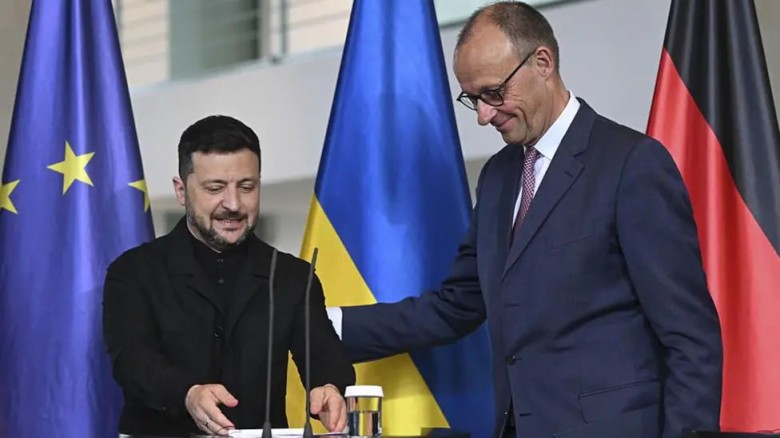

























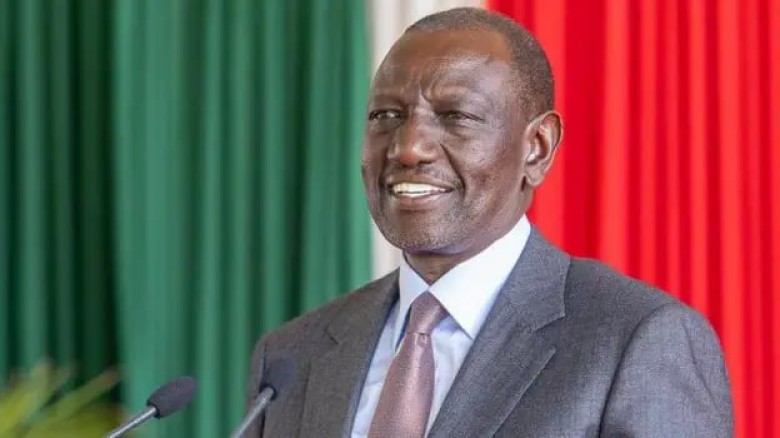
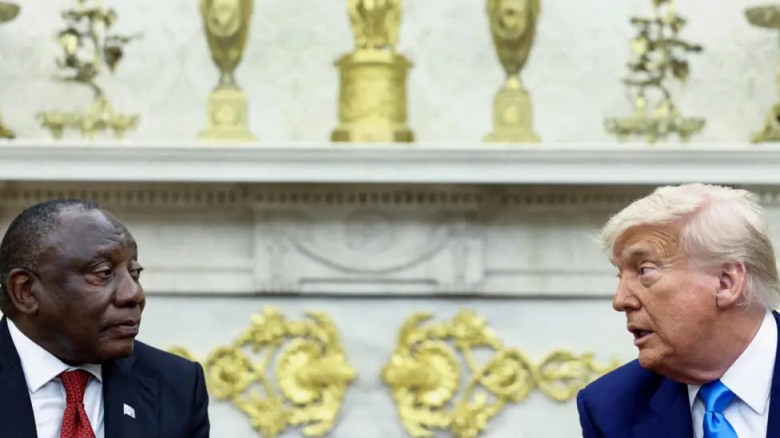
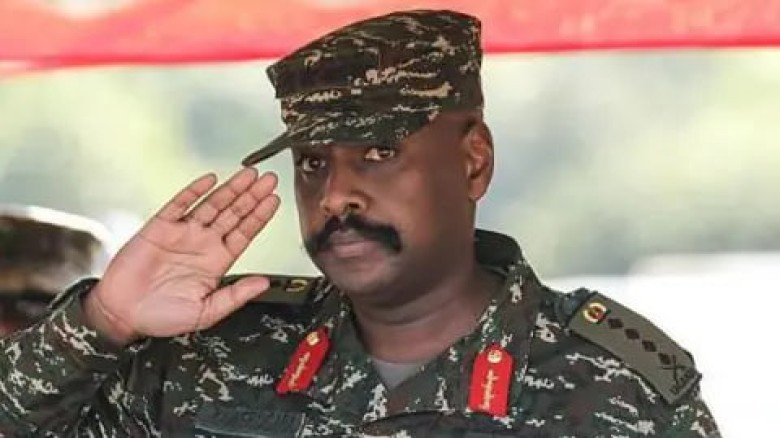



















Leave A Comment